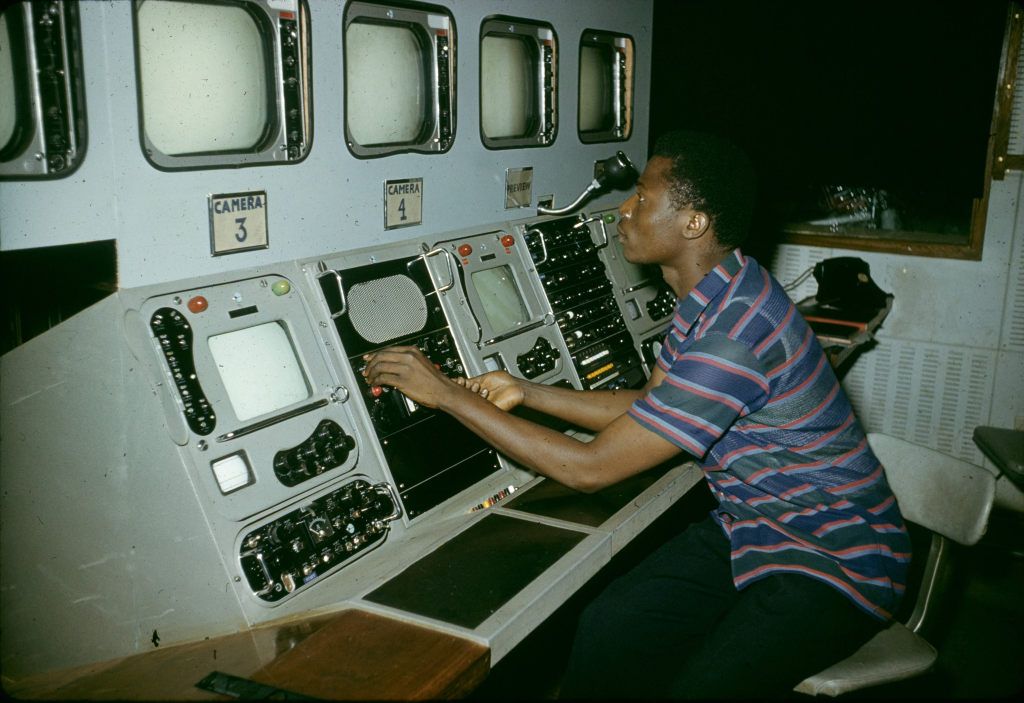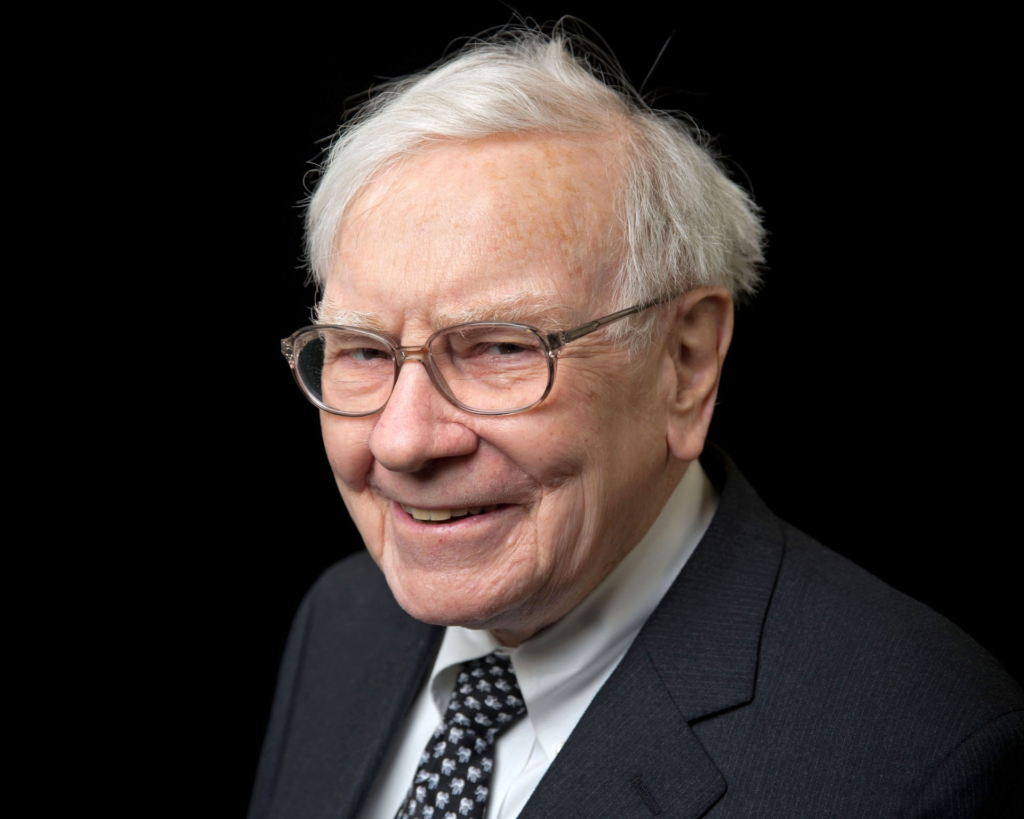Denied a request to defend himself on a radio station against accusations made against him on the same radio station, Chief Obafemi Awolowo determined to establish a broadcasting service for Western Nigeria. Western Nigeria Television (WNTV), Africa’s first television station, would give a nation and a continent its voice.

The Voice Before the Vision
From 1935, when Wired Radio Service was introduced, Nigerians knew only one broadcasting voice: the Empire Service of the British Broadcasting Commission (BBC). Radio was the primary medium of mass communication, and with the help of the BBC, colonial authorities established the Nigerian Broadcasting Service (NBS) in 1951. Like many colonial institutions, the NBS most served primarily as the mouthpiece of British authorities.
Nigeria at this time was divided into three regions, Northern, Eastern, and Western, with the British controlling a central government. While Nigerians had begun to gain some political autonomy in the regions, the British maintained a strong grip on mass communication. The spark that would ignite television’s birth in Nigeria came from an unlikely confrontation with the colonial government.
In 1953, then Governor-General, John Macpherson went on the NBS and accused Awolowo of being unfaithful. This was because Awolowo had criticised Macpherson’s constitution, which limited the powers of the regions. Naturally, Chief Obafemi Awolowo sought airtime from the NBS to respond to the allegations. His request was flatly refused.
Awolowo, already known for his progressive thinking, immediately recognized that true independence would require control over communication channels.

Constitutional Battles and Regional Power
Awolowo was not a man to accept defeat easily. At constitutional conferences in London in 1957 and 1958, he fought vehemently for the regions to have broadcasting rights. The leader of the Western Region argued persuasively that colonial control over the media was incompatible with the political autonomy Nigeria was gradually achieving.
His persistence paid off. The revised constitution granted regional governments the authority to establish and maintain their own broadcasting services. This was a seemingly small victory, but it would end up having monumental consequences. Armed with this new constitutional power, Awolowo and his Action Group government immediately established the Western Nigeria Broadcasting Service (WNBS) for radio. But his vision extended further, to the newest frontier that was emerging in mass communication: television.

Building an Impossible Dream
Launching a television service in late-1950s Africa was near impossible. Television was still a novelty even in many European countries, having just begun in nations like Sweden, Austria and Spain in 1956. The equipment required was scarce, the expertise was even scarcer and the costs were insanely prohibitive. But Awolowo saw television as essential to his broader educational and cultural agenda. He had already pioneered free primary education in Western Nigeria. In his view, television was the ultimate classroom that could reach and teach the masses.
The Western Regional Government formed a partnership with Overseas Rediffusion Limited, a British company that had successfully introduced television to Hong Kong in 1957. They provided the technical expertise while Awolowo’s government supplied the vision and funding.
Behind the scenes, however, the colonial authorities were not pleased. According to declassified documents, British colonial administrators attempted to hinder the project, concerned that television would become an “anti-British propaganda machine.” The Colonial Office even tried to delay the project by obstructing Western Nigeria’s attempts to hire television experts from abroad. Colonial Governor Rankine privately wrote that the television project was merely Awolowo’s attempt to “build himself up into a greater African personality than Nkrumah” of Ghana. British officials dismissed it as a wasteful venture that would serve only elites when “many people lacked basic essential amenities.”

Africa’s First Television Broadcast
Despite these obstacles, Awolowo’s government pressed forward with remarkable determination. On September 21, 1959, the Western Nigeria House of Assembly passed the Broadcasting Law that created the legal framework for the television service. Chief Anthony Enahoro, the Minister of Home and Midwestern Affairs, presided over the vote. Then, on October 31, 1959, history was made. Western Nigeria Television (WNTV) went live from Ibadan, becoming Africa’s first television station. The station proudly adopted the slogan “First in Africa.” Indeed, it was Africa’s first television station.
In his inaugural speech, Awolowo declared that television would “help transform Nigeria into a more modern and prosperous nation.” The initial broadcast area covered about 4,800 to 6,000 square kilometres around Ibadan, with transmission lasting approximately four hours daily, from 6:00 PM to 10:00 PM. Since television sets were insanely expensive imported luxuries, the government established viewing centres throughout Western Nigeria. There, people gathered to witness this technological wonder.

A Cultural and Educational Revolution
WNTV’s programming reflected Awolowo’s vision of television as more than a source of news and entertainment. Half of all airtime was devoted to educational content, particularly in the sciences in support of his free education initiative. Cultural programs celebrated Yoruba heritage, instilled pride and fostered Yoruba nationalism.
There were also news, women’s programs, sports and drama. The station helped launch the careers of countless Nigerian broadcasters, technicians and performers who would go on to shape the nation’s media for decades to come. The engineering staff faced tremendous challenges. But each time, they would devise innovative solutions when equipment failed. With no repair facilities in Africa, broken equipment sometimes had to be shipped to Britain at enormous expense. But this did not stop the dream.

Photo Credit: Forman Harrison Collection/American Geographical Society Library, University of Wisconsin-Milwaukee Libraries
Sparking a Television Revolution Across Nigeria and Africa
WNTV sparked a television revolution across Nigeria and Africa. Within three years, the Eastern Region established ENTV (1960), the Northern Region launched RKTV (1962) and the federal government created its own, NBC-TV in Lagos (1962). The vision spread through other parts of Africa starting with Egypt who followed the trend 8 months later.
In the 1970s, following military rule, WNTV would eventually be absorbed into the Nigerian Television Authority, which continues to this day. However, its pioneering role as Africa’s first television station, remains untouched. What began as one man’s response to being silenced grew into an institution that gave voice to millions and helped shape the future of a new country.












